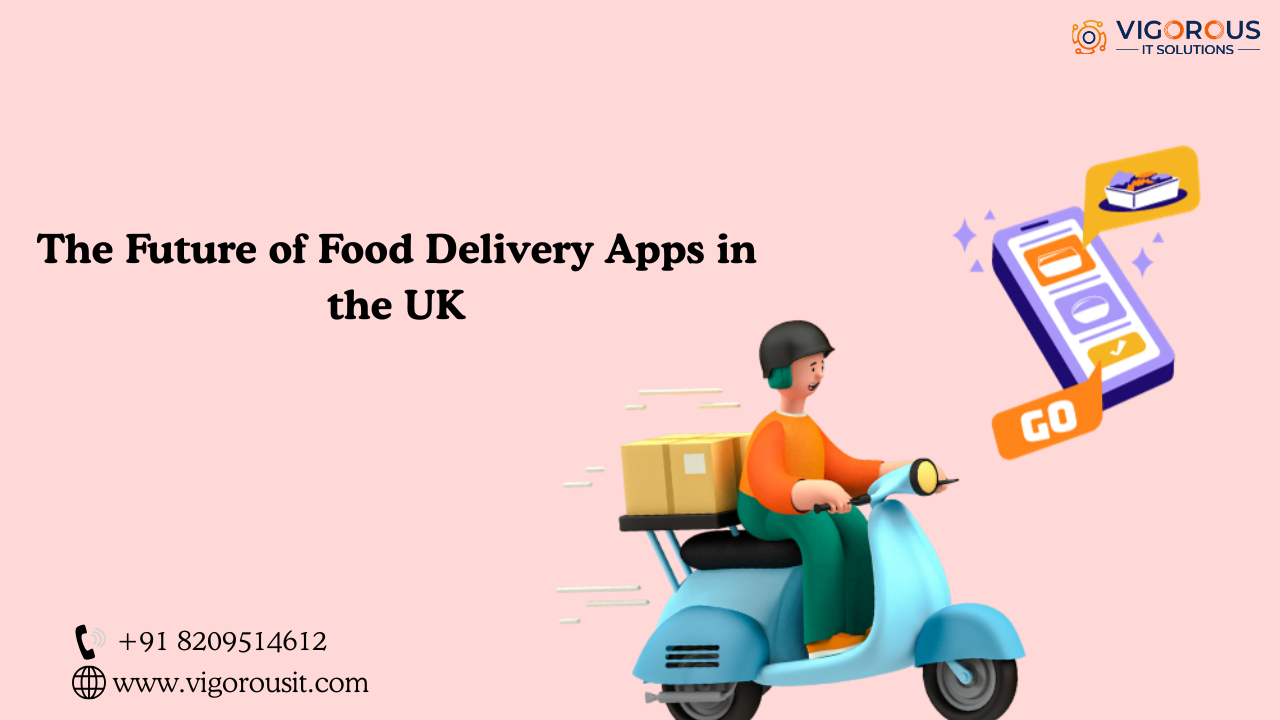
In today’s fast-paced world, logistics and supply chain management play a crucial role in various industries. With the rise of digital transformation, businesses are increasingly adopting logistics apps to streamline operations, enhance efficiency, and improve customer satisfaction.
This article will provide insights into logistic app development: cost, types, features, and benefits to help businesses make informed decisions.
The Importance of Logistic App Development
Logistic app development has become a game-changer in the transportation and supply chain industry. With the rise of e-commerce and on-demand delivery services, businesses need efficient, real-time solutions to manage logistics operations. A well-designed logistic app enhances operational efficiency, reduces costs, and improves customer satisfaction.
1. Streamlined Operations
Logistic apps automate manual processes like order tracking, inventory management, and route optimization, reducing human errors and delays.
2. Real-Time Tracking & Transparency
Customers and businesses can track shipments in real-time, improving trust and reducing inquiries about delivery status.
3. Cost & Time Efficiency
AI-powered route optimization reduces fuel costs and delivery time, while automated inventory management prevents overstocking or shortages.
4. Enhanced Customer Experience
Instant notifications, estimated delivery times, and easy payment options make the delivery process smoother for end-users.
5. Data-Driven Decision Making
Advanced analytics help businesses identify bottlenecks, optimize supply chains, and improve overall logistics strategies.
6. Competitive Advantage
Companies using logistic apps gain an edge over competitors by offering faster, more reliable, and transparent delivery services.
7. Scalability for Business Growth
As businesses expand, logistic apps can easily adapt to increased order volumes, multiple warehouses, and global shipping requirements.
Logistic App Development: Cost, Types, Features, and Benefits
The logistics industry has evolved significantly with the integration of technology. A well-developed logistics app can streamline operations, improve tracking, and enhance efficiency. If you are considering developing a logistics app, this guide will help you understand its types, key features, benefits, and cost estimation.
Types of Logistic Apps
Logistic apps can be categorized based on their functionality and target audience. Each type serves a unique purpose in supply chain management.
Fleet Management Apps – These apps help track vehicles, optimize routes, and monitor fuel consumption.
Warehouse Management Apps – Designed to manage inventory, orders, and shipments efficiently.
Last-Mile Delivery Apps – Focus on ensuring smooth deliveries from warehouses to end customers.
Freight Booking Apps – Allow businesses to book and manage freight services easily.
Supply Chain Visibility Apps – Provide real-time tracking of goods across the supply chain.
Key Features of a Logistic App
A successful logistic app must include essential features to enhance usability and efficiency.
Real-Time Tracking – GPS integration for live shipment tracking.
Automated Notifications – Alerts for order status, delays, and deliveries.
Inventory Management – Tools to track stock levels and prevent shortages.
Route Optimization – AI-powered suggestions for the fastest delivery routes.
Multi-Platform Access – Compatibility with web, iOS, and Android.
Payment Integration – Secure payment gateways for seamless transactions.
Analytics & Reporting – Data insights to improve logistics operations.
Cost of Logistic App Development
The cost of developing a logistic app depends on various factors, including features, platform, and development team location.
Basic App – 20,000to 40,000 (essential features only).
Mid-Level App – 40,000to80,000 (advanced tracking & analytics).
Enterprise App – $80,000+ (custom solutions with AI & IoT integration).
Factors affecting cost include UI/UX design, backend development, third-party API integrations, and maintenance.
Benefits of Logistic Apps
Logistic apps offer numerous advantages for businesses and customers alike.
Improved Efficiency – Automates manual processes, reducing errors.
Cost Savings – Optimizes routes and fuel consumption.
Enhanced Customer Experience – Real-time updates increase transparency.
Scalability – Adapts to growing business needs.
Competitive Edge – Streamlined operations lead to faster deliveries.
Conclusion
A well-developed logistics app development enhances efficiency, reduces costs, and improves customer satisfaction through features like real-time tracking, route optimization, and inventory management. The cost varies based on complexity and features, but the long-term benefits outweigh the investment.
Whether for fleet, warehouse, or on-demand delivery management, a logistics app helps businesses scale, streamline operations, and stay competitive. Vigorous IT Solutions provides expert logistics app development tailored to your needs.













Write a comment ...